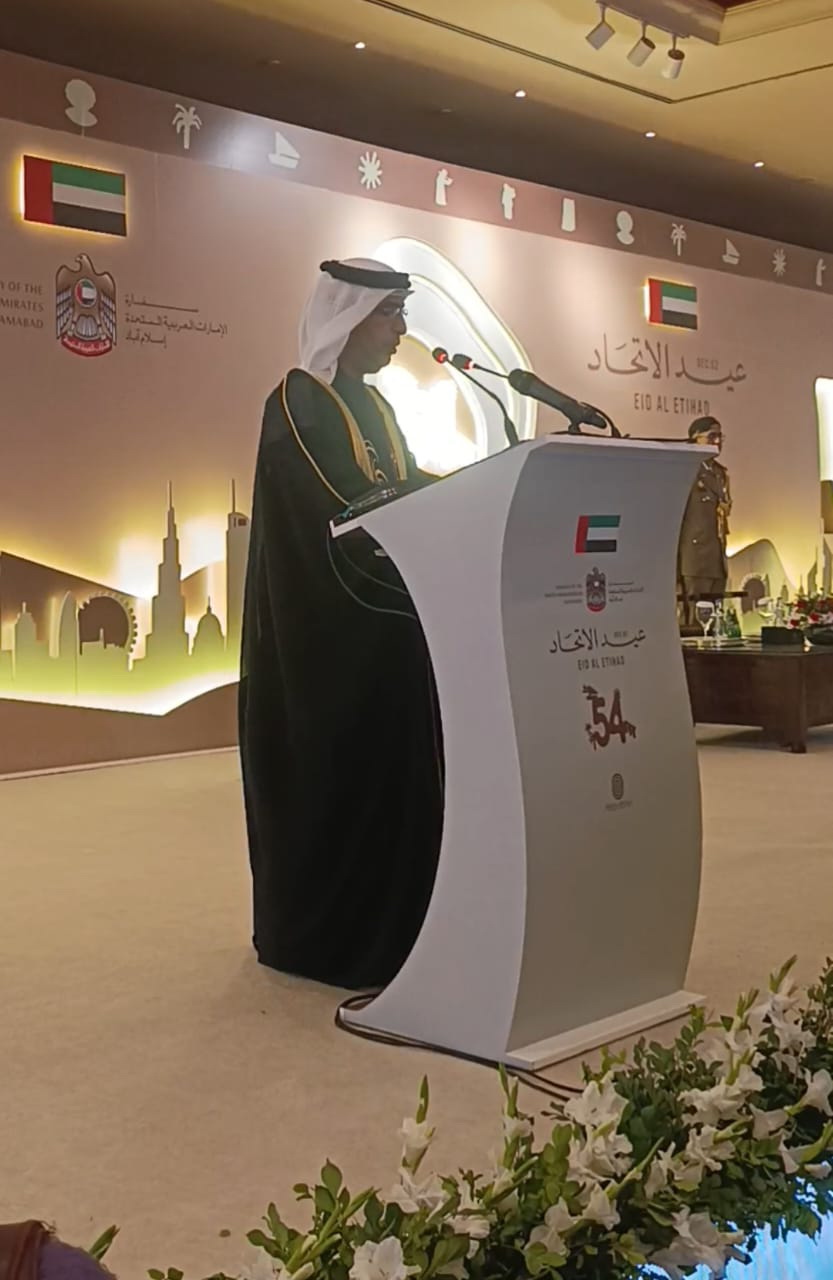PATTAN Audit of the ECP result forms exposes another case of massive rigging in a national constituency from Lahore. The ECP was likely to have helped a party to win the seat through a huge gerrymandering.
Islamabad: PATTAN-Coalition 38’s latest audit report uncovers a significant discrepancy of over one hundred thousand (100,000) extra votes in the election results of NA-128 when comparing the Forms-45 and 46 of the polling stations of the corresponding provincial constituencies posted by the ECP on its website. Consequently, the voting turnouts in nearly 171 polling stations in NA-128 resulted over 80% on average and even 100%, while the turnouts for the same polling stations across five shared provincial constituencies was just 41% – a peculiar occurrence as such a difference cannot be of more than of a few votes. The audit report noted 108 polling stations in NA-128 where the difference in national and provincial votes was more than 500 votes. At 33 polling stations, the turnout was more than 90% of the registered voters for the national assembly seat, one of them was even 100%. Proof of this way of rigging is corroborated when the audit compared the data of forms 46 and 47 of those 171 polling stations of both national and its corresponding provincial seats.
Furthermore, a-near perfect correlation was found between the turnout levels of national assembly seat at a polling station and the winning candidates – Mr. Aun Chaudhary won when the turnout was exceptionally high. At the same time, Mr. Salman Akram Raja won where the turnout was low to moderate around 40%. This naturally causes suspicion.
The audit also highlights an unusual trend where NA-128 covers five partial provincial seats instead of full two or a maximum of three – a clear violation of all the ‘delimitation principles’ of Section 20 of the Elections Act 2017.
A similar pattern of inconsistencies and anomalies was found for the NA-130 in the PATTAN’s last audit report.
PATTAN chose to analyse the constituencies where exceptional differences were observed in vote counts between the national and the corresponding provincial assemblies’ constituencies at the shared polling stations as recorded on the forms 45 and 46 that are posted at the Election Commission’s website.
NA-128 had 433 polling stations (PSs) with 678,139 registered voters which were distributed and shared with five provincial seats – PP-156 (66 PSs), PP-161-(70 PSs), PP-169 (128 PSs), PP-170(108 PSs) and PP-171 (61 PSs). A rare phenomenon.
The turnout for NA-128 was on average 77% of the registered voters in 25 shared polling stations with PP-156, 77% in 38 shared with PP-161, 64% in 84 shared with PP-169, 77% in 44 shared with PP-170, and 70% in 30 shared with PP 171. Additionally, there are 50 polling stations where the votes cast for five corresponding provincial constituencies have exceeded the votes cast for the national assembly by more than 20,000. It appears that discrepancies and irregularities have occurred at those polling stations having a comparatively larger pool of registered voters.
This irregularity was established when the audit compared the data of forms 46 and 47 of those 171 polling stations which shows that 106,149 ballot were used for the provincial seats as per the forms 46, which surged to 185,663 for the national seat when the used ballot papers were counted form the corresponding forms No.46. This ballot paper count was further jacked up to 209,753 as the vote count in the form 45 of the NA-128 – hence the discrepancy of the over one hundred thousand extra votes.
In 221 polling stations with exceptional discrepancies in national and provincial votes, NA-128 candidate Mr Aun Chaudhry received about 140,588 votes while the runner-up candidate Mr. Salman Akram Raja secured 82,250. These vote counts were respectively 36,523 and 76,870 at the other 212 political stations without significant discrepancies.
NA-128 was unusually divided into five scattered provincial assembly seats, which appears to be an effort at gerrymandering where not a single corresponding provincial assembly constituency is entirely covered under the National Assembly seat. This scattered division is severely at odds with the stipulations of Section 20 of the Election Act 2017 regarding the principles of delimitations. In the last general elections, one political party was compelled to contest without its party symbol, making it uniquely difficult for its national and scattered provincial assembly candidates to coordinate its campaign and canvass with voters while the voters’ access to cast their votes would have been made with greater difficulties.
Pattan-Coalition 38 also found serious irregularities in the polling stations’ Form 48 for NA-130, PP-156, PP-161, and other constituencies that were likely to be done intentionally to create difficulties in comprehending and conducting a robust audit inquiry. However, that must not deter civil society from making the Election Commission accountable for its blunders and failures. This must be done before going to the next general elections as the nation must have credible elections for political stability, democratic governance, people’s welfare and sound economic development.


